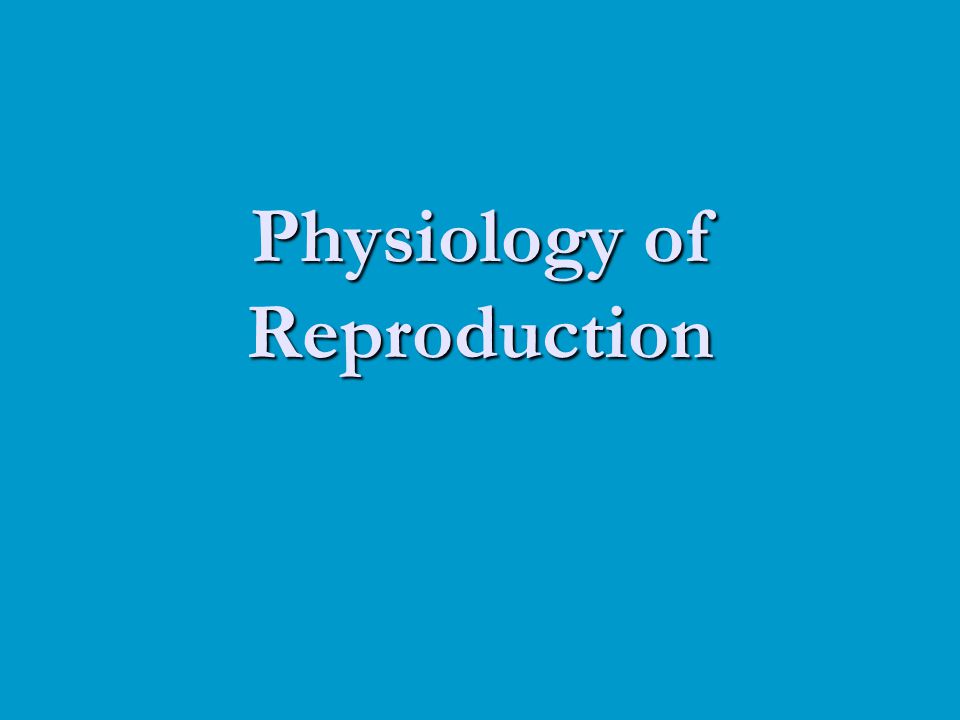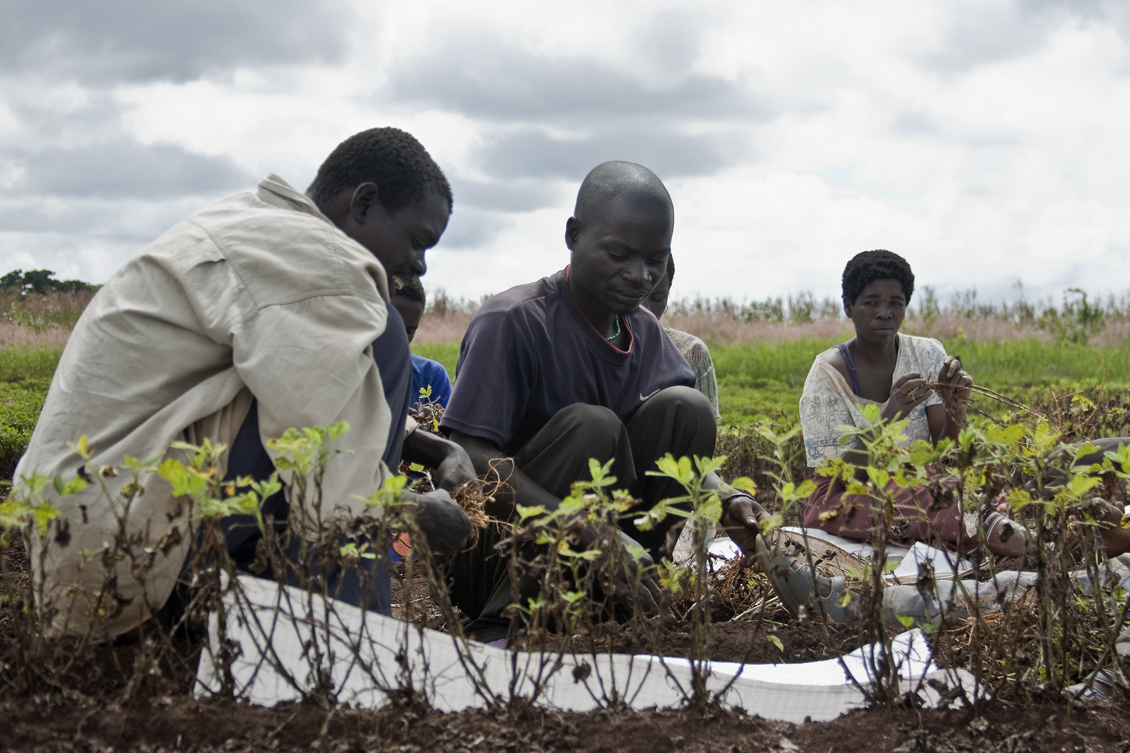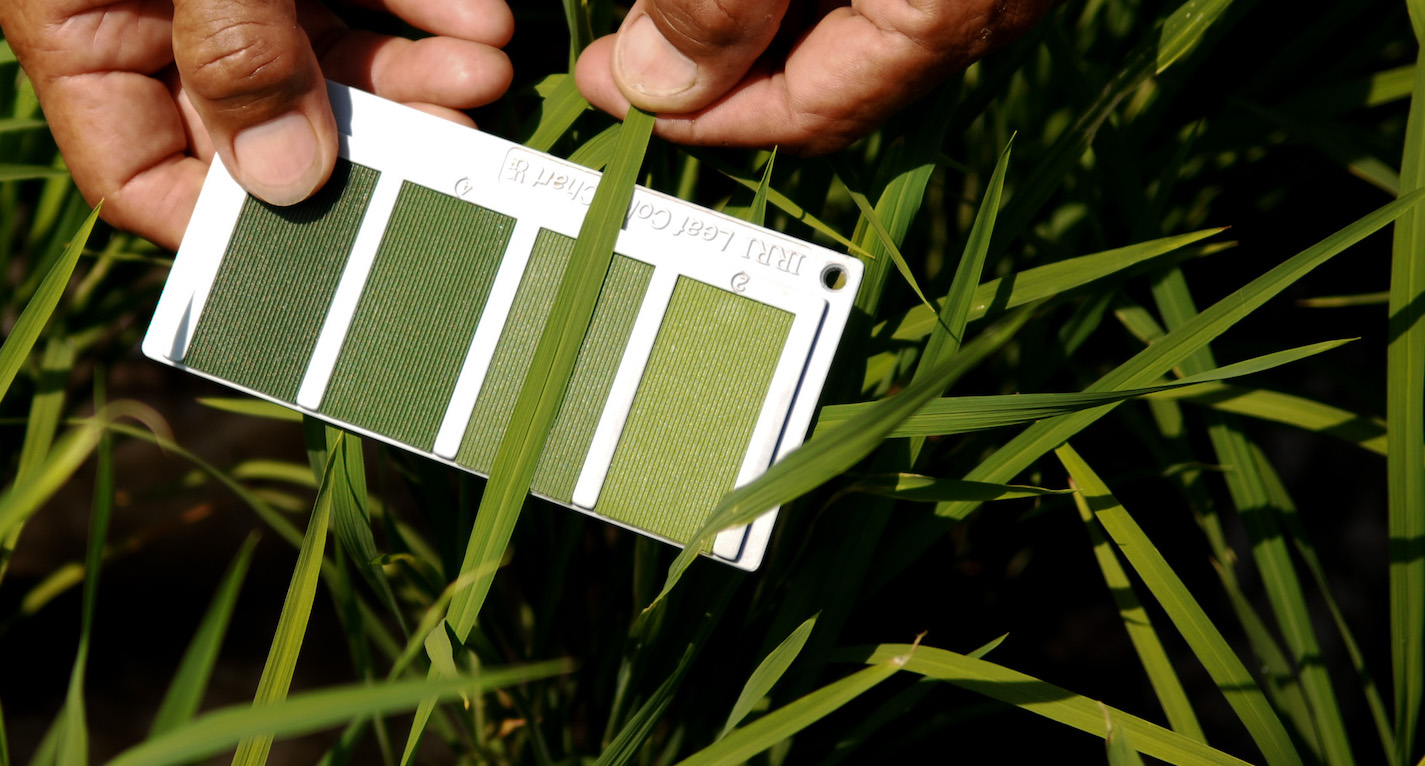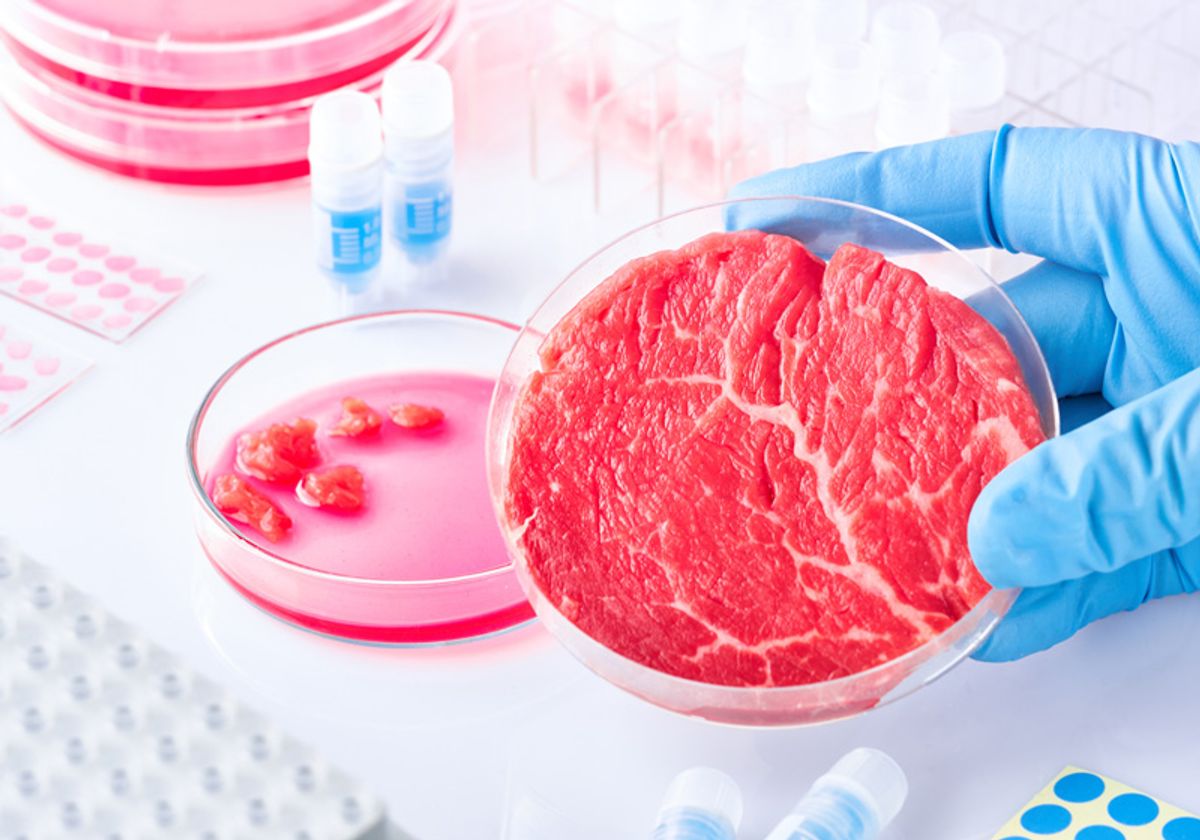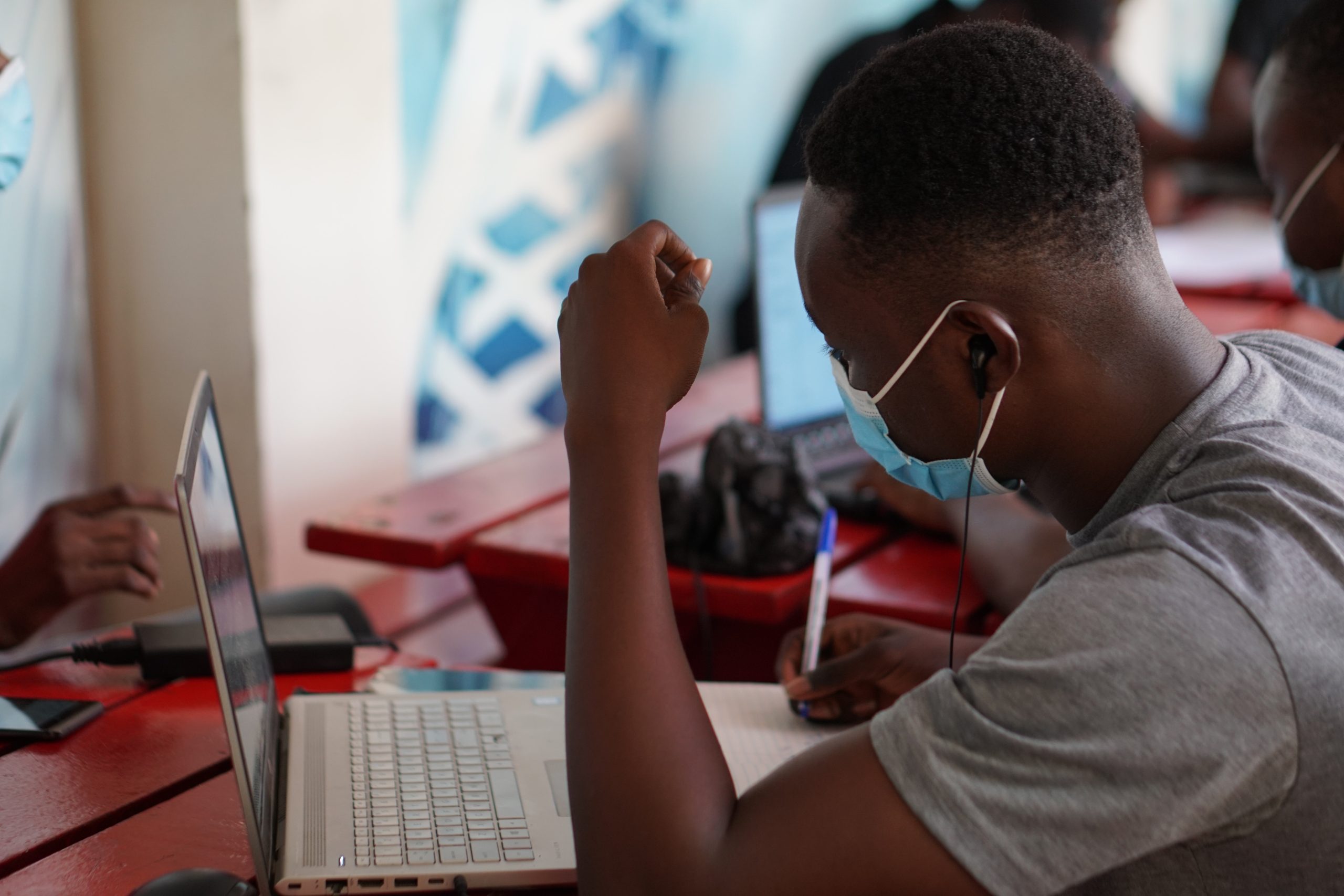KNUST offers a Master of Philosophy (MPhil) program in Reproductive Physiology. This program is tailored for individuals interested in advancing their knowledge in the field of reproductive biology and physiology.
Admission Requirements
Candidates must have a Bachelor’s degree (minimum of Second Class (Upper/Lower Division)) in Agriculture, Animal Science, Biotechnology, Biology, Natural Sciences, Veterinary Medicine, or related disciplines from any recognised University. Candidates would be required to pass a selection interview.
Academic Excellence
In addition to the educational background, candidates are expected to demonstrate a strong academic record. This may be assessed through the evaluation of undergraduate transcripts and any relevant postgraduate qualifications.
BUY KNUST ADMISSION FORMS ONLINE
Research Experience
While not always mandatory, having prior research experience in the field of reproductive physiology can be advantageous for prospective students. This experience showcases a candidate’s commitment to the subject matter and their ability to engage in independent research projects.
Letters of Recommendation
Applicants are typically required to submit letters of recommendation as part of the application process. These letters, usually from academic or professional references, provide insights into the applicant’s character, work ethic, and suitability for the program.
Statement of Purpose
A well-crafted statement of purpose is often a crucial component of the application. This allows candidates to articulate their motivations, career aspirations, and how the MPhil. Reproductive Physiology program aligns with their goals.
Career Opportunities
Production Supervisor, Manufacturing.
Researcher, Scientific.
Embryologist.
Agricultural Inspector.
Business Manager, Logistics / Inventory / Distribution / Transportation.
Research Associate (Unspecified Type)
Senior Research Scientist, Biotechnology.
Conclusion
The KNUST MPhil. Reproductive Physiology program seeks to admit candidates who demonstrate a strong foundation in biological sciences, academic excellence, and a genuine interest in reproductive physiology. Meeting these requirements ensures that students are well-prepared to engage with the rigorous curriculum and contribute meaningfully to the field.
